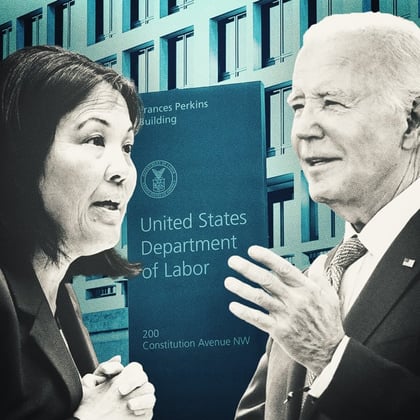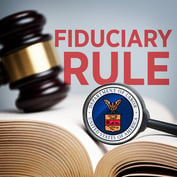Ahead of a Jan. 10 hearing on Labor’s new fiduciary rule, members of Congress warned acting Labor Secretary Julie Su to cease work on the rule, which they argued “includes significant, unnecessary, and counterproductive changes to the existing regulatory framework governing the conduct of financial professionals who provide personalized investment advice to retirement savers.”
In a letter dated Jan. 8, 45 Republicans and five Democrats told Su and Lisa Gomez, the assistant secretary of Labor for the Employee Benefits Security Administration, that Labor’s “past efforts to expand these rules, which federal courts have repeatedly rejected, dealt a devastating blow to millions of American workers and retirees by impairing their ability to obtain much-needed affordable financial professional help to prepare for and achieve a secure and dignified retirement.”
The lawmakers, which included Rep. Ann Wagner, R-Mo., urged Labor “to cease its efforts to adopt this proposal in order to prevent needlessly inflicting harm on millions of retirement savers across the country.”
The House Financial Services Capital Markets Subcommittee, chaired by Wagner, plans to hold the Jan. 10 hearing to examine the proposal.
In moving forward with this proposal, the lawmakers wrote in their Jan. 8 letter, “DOL has unreasonably dismissed the extensive research and real-world experience decisively demonstrating the 2016 DOL fiduciary rule significantly harmed lower- and middle-income workers before being vacated in federal court.”











 Copyright © 2024 ALM Global, LLC. All Rights Reserved.
Copyright © 2024 ALM Global, LLC. All Rights Reserved.